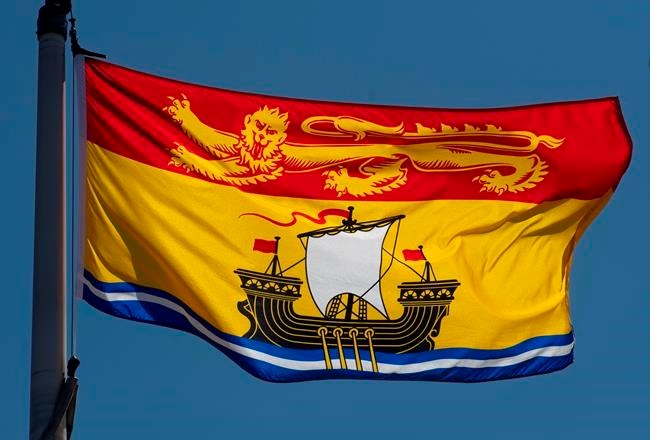FREDERICTON — New Brunswick's party leaders clashed on how to address health care services, education and economic development in a televised debate Wednesday night.
Progressive Conservative Premier Blaine Higgs told the forum on CBC that government needs to look for innovative ways to deliver services because of competition for doctors.
"We learned through COVID just how good we can be. This is no time to think of the ways in the past. This is a time to think for the future. Thinking for the future means finding new ways to deliver health care," Higgs said.
Liberal party leader Kevin Vickers accused Higgs of having a plan to cut services rather than improve them.
"If Mr. Higgs is given a mandate he is going to cut more services and we also know that he has a Phase 2. He has a secret agenda when it comes to cutting health services," Vickers said.
Other leaders said they would boost doctor recruitment as well as mental health and addiction services if they form government after Monday's election.
"It is very important ... we are talking about getting the 30,000 New Brunswickers who are on a waiting list off of that waiting list. Part of that is by encouraging family doctors to practice in this province," said New Democrat interim leader Mackenzie Thomason.
On education, all the leaders were critical of successive governments making changes to curriculum and not improving a French Immersion program that only sees a 10 per cent success rate.
"And if French immersion doesn't do the job that we need it to do as New Brunswickers, we need to look at alternative methods like they do in other nations and countries to ensure that our kids have a chance at both languages," said Kris Austin of the People's Alliance.
The leaders also addressed what they would do to help communities that are struggling with their finances.
Vickers said he would step up the efforts of Opportunities New Brunswick, while Higgs said development of a 5G network will help promote economic growth in all regions of the province.
Thomason called for an end to corporate welfare and to redirect funding to municipalities, while Austin and Green leader David Coon called for tax reform.
"The province for too long has treated cities as dependant children. We would change that to provide more autonomy for our cities and ensure they receive a greater percentage of the revenue from property taxes," Coon said.
The debate came after a large part of the province's electorate had already cast their ballots.
Unofficial figures released from Elections New Brunswick indicate a 50 per cent jump from the previous election during two days of early voting in the country's first election since the start of the COVID-19 pandemic.
The agency says a total of 133,000 people voted on Saturday and Tuesday, an increase of 45,000 from advance polling in 2018. The total is about one-third the number of people who voted in the last provincial election.
The chief electoral officer has said some of the shift in voting patterns is due to people wanting to avoid lineups due to social distancing requirements caused by COVID-19.
Results from advance voting are expected to be among the first made public on election night.
The agency cautions that final official results may not be available until after midnight.
It has said that if there are lineups that delay voting, those in line when polls are to close will still be permitted to vote.
"It is anticipated that the final results will not be published until after midnight, and there may be lengthy delays between the results reported from small polling stations and those reported from larger polling stations where lineups may be present at the close of polls," the agency said in a news release.
The leaders debated last week on Rogers Cable and are to meet again Thursday evening in a virtual roundtable hosted by CTV.
This report by The Canadian Press was first published Sept. 9, 2020.
Kevin Bissett, The Canadian Press




